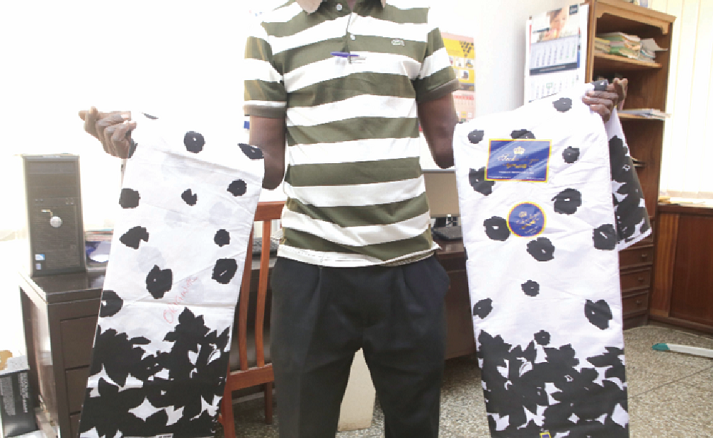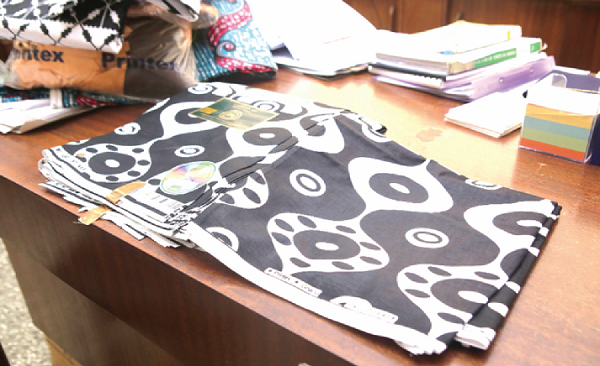
Textile workers union re-strategises to fight piracy
The Textile, Garment and Leather Workers’ Union (TEGLEU) has said it will develop new strategies upon consultation with the yet-to-be appointed Minister of Trade and Industry to fight the imported pirated textile menace.
The union, which is part of the national organised labour group, the Trades Union Congress (TUC), explained that it had to suspend its monitoring exercise that led to the seizure of some of the pirated textiles due to the 2016 elections. It is, therefore, waiting for the new government to take charge, after which it will resume the fight against piracy.
The General Secretary of the Union, Mr Abraham Koomson, explained that the task force had to suspend going to the market to seize the pirated textiles due to the electioneering, but once it was over, the union was returning with a new strategy.
“They are still importing, as for that one they won’t stop. We are waiting for the new government to take control fully then we develop another strategy. We will meet whoever will be appointed the trade and industry minister, to also discuss the way forward,” he said on December 14.
The union has over the years pushed for the establishment of a task force to rid the market of these pirated textiles but that was not achieved over the years, and that has prompted the need to review the strategy.
The task force, comprising representatives of the security agencies, the Ghana Standards Authority, the local manufacturers and the trade unions were able to seize some of these pirated textiles but had to deal with persistent resistance from traders, who sometimes endangered the lives of the group.
There have been instances where the traders arrested used their political links to get their pirated goods released to them.
Imported textile wins
According to Mr Koomson, the Christmas period has opened the floodgates for the traders involved in this illegal trade to import large volumes of these pirated textiles and other cheaper ones from China.
“Christmas is the time for their business. Due to the change in government, we cannot go to the market now. They will put the blame on the outgoing government and read so much political meanings into it so we have just relaxed,” he said.
The imported textiles from China, namely, Sikaprint, Hi-target, Audine have flooded the market because they were much cheaper compared to the locally manufactured ones, although they were of an inferior quality.

“For instance, one can easily come across a Chinese fabric with a GTP, Printex or ATL name and logo on it, therefore making it a hot commodity on the market, due to their relatively cheaper price,” Mr Koomson said.
Industry left to its fate
The local textile industry is perhaps the most perfect example of how unbridled imports, piracy and dumping have negatively affected the economy.
The textile industry used to be vibrant in Ghana with over 20 textile firms employing more than 25,000 people, but currently only about four remain, and they are even struggling to survive, with less than 3,000 people in employment.
Most of the companies are also unable to operate at full capacity, thereby creating room for massive lay-offs.